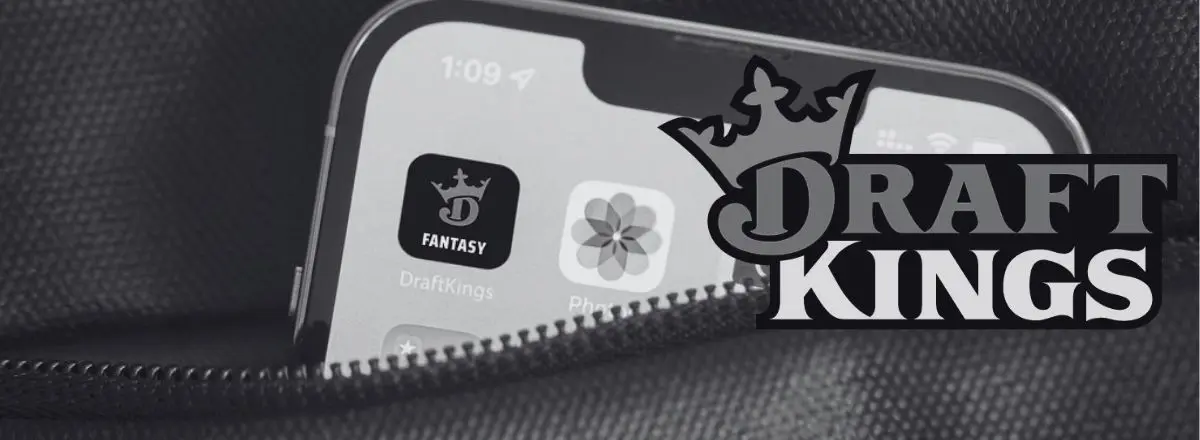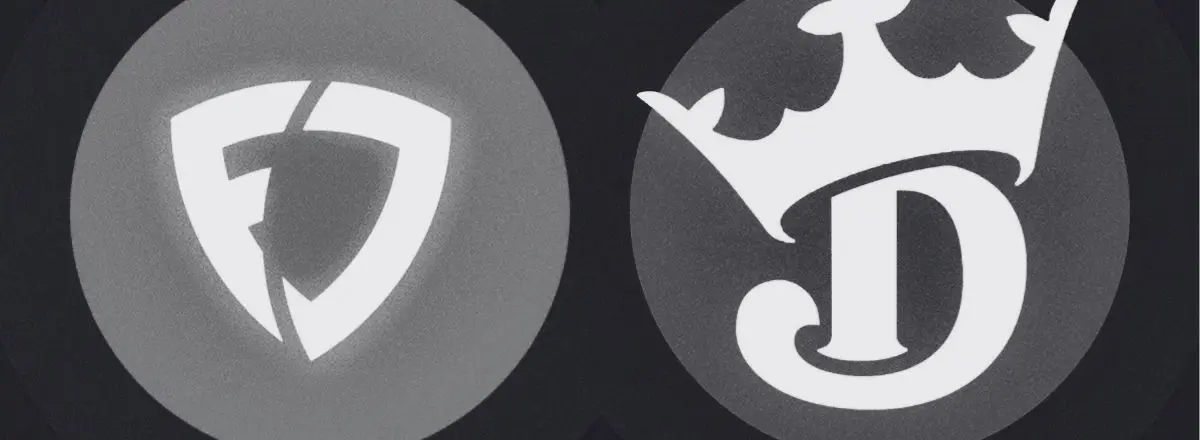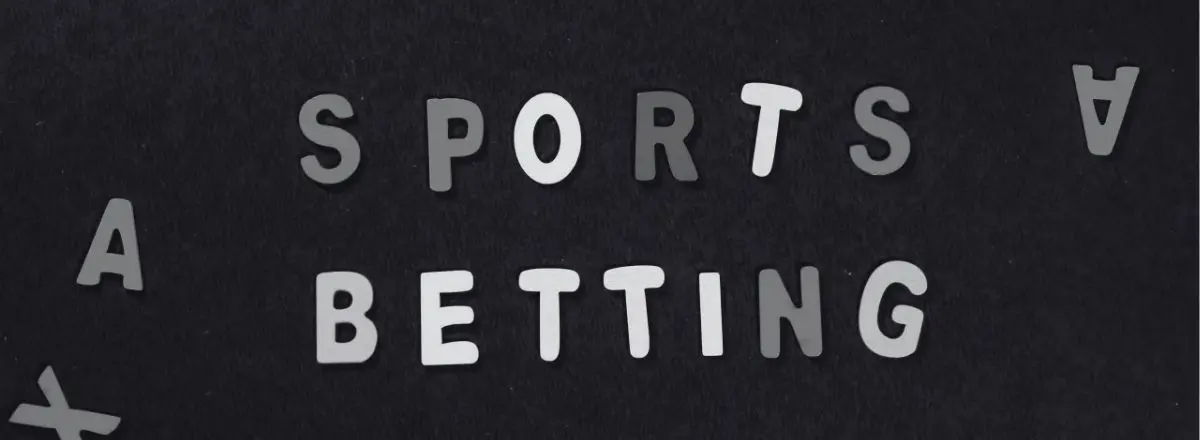A handful of tribes in The Golden State have filed a lawsuit against Robinhood and Kalshi for offering what they consider illegal California sports betting services.
Submitted on Tuesday, July 22, the complaint takes aim at the companies’ sports prediction markets. According to the filing from the U.S. District Court for the Northern District of California, the tribes are “seeking to stop Kalshi and Robinhood from offering prediction markets in the state.” They argue that this is tantamount to offering sports betting in California, and is therefore in “violation of tribal, state and federal law.”
This lawsuit is drawing eyeballs around the industry for a couple of reasons. First and foremost, it follows a growing trend of attempts to crack down on sports prediction markets. This focus is similar to the one we have seen with daily fantasy sports sites. Even states that legalized sports betting are taking aim at daily fantasy sports as well as prediction markets. State legislators and tribal officials usually see this as a way to workaround laws that require companies to have licenses if they’re going to provide sports betting services.
On top of that, people are making note of the three tribes behind the lawsuit: Blue Lake Rancheria, Chicken Ranch Rancheria, and Picayune Rancheria. They were all apparently against the legalization of California sports betting when it appeared on the 2022 electoral ballot.
To that end, this lawsuit seems to be serving dual purposes. It reiterates the stance held by all tribes that gaming rights in the state are exclusive to them. But it also suggests they could be setting a precedent for the next round of California sports betting talks.
Full Details of California Sports Betting Lawsuit
Here is Sam MacQuillan with a complete overview of the lawsuit and its primary arguments:
“In the 71-page complaint, the Blue Lake Rancheria, Chicken Ranch Rancheria, and Picayune Rancheria argue that Kalshi’s event contracts are ‘substantively, nothing more than illegal, unregulated wagers on the outcomes of sporting events.” The plaintiffs allege that violates the Indian Gaming Regulatory Act, the California Constitution, and terms of tribal-state compacts, which prohibit sports wagering without voter approval.
“‘Kalshi will claim that it is not offering sports gambling,’ the lawsuit says. ‘Kalshi will tell the Court that it is a Designated Contract Market, regulated exclusively by the Commodities Futures Trading Commission (CFTC), and is merely operating a ‘prediction market’...While masquerading as novel commodities and futures products, these event contracts are, substantively, nothing more than illegal, unregulated wagers.”
The tribes are seeking to have Robinhood and Kalshi cease their operations, while also looking for the companies to pay out damages and cover litigation fees. For their part, Robinhood already responded. And as expected, their statement notes that they “intend to defend ourselves against these claims.”
Specifically Robinhood cites a pair of “initial rulings” made in two federal courts that uphold the CFTC’s interpretation of prediction markets, including when it comes to sports. Meanwhile, as MacQullan notes, a spokesperson from Kalashi never responded to their request for comment.
Sports Prediction Markets are Increasing in Popularity—and Drawing More Scrutiny
Many might be wondering what the difference is between betting on sports in the United States and working predictions markets. Frankly, that’s a great question. The difference, insofar as there is one, remains opaque.
Basically, sports prediction markets consist of buying and selling shares, like you would stocks, on the outcome of a specific event. This, of course, features binary outcomes on investments. For example, if you invest in the Los Angeles Dodgers to win the World Series, they either will or they won’t. In that case, your investment will either make you money or be completely worthless.
That is eerily similar to sports betting. However, prediction-market operators argue that dynamic pricing models differentiate these transactions from flat-out gambling. For instance, the price of investing in the Dodgers’ World Series victory will adjust based on “supply and demand” of said transaction. The latter three words are factors to which those offering prediction markets cling. They believe that is clear-cut evidence their services cannot be constituted as gambling.
Granted, this stance is not going uncontested. We are not just talking about California sports betting laws, either. Kalshi, specifically, is fighting lawsuits for violation of sports betting laws in Maryland, as well as New Jersey and Nevada.
So far, though, Kalshi has not needed to shudder its operations. They are currently allowed to keep offering services for the markets in which they’re being sued. That precedent suggests the California sports betting lawsuit won’t shut them down, at least not immediately. And make no mistake, that’s a huge deal for them. The sports prediction markets now account for a lion’s share of their entire business model.
It is Unclear What will Happen to the Sports Prediction Market in California
At present, it’s much too early to forecast how this will play out. But the timing of it is interesting.
Attorney General for The Golden State, Rob Bonta, just released an “opinion” that effectively says he considers daily fantasy sports in California illegal. Once again, companies like DraftKings have not needed to shudder operations. But Bonta has also said his opinion is rooted in an interpretation of California sports betting law, and that it will be enforced.
On top of that, tribal nation stakeholders are also pushing for a California bill that places a ban on sweepstakes casinos and sportsbooks. Similar to this situation, they see those operators acting in direct violation of state and federal laws, and infringing upon the gaming exclusivity granted to tribes.
Given that California is a flagship market, the outcome of these legal battles could have far-flung consequences. If tribes are successful, the ruling will be used as precedent all across the United States. And if this lawsuit doesn’t pan out, it still sends a message.
That message? Any company operating under the cover of prediction markets, daily fantasy and sweepstakes transactions have a bullseye on their backs.
Take a look at this list of the top online sportsbooks so you can find one that works for all of your sports betting needs:
-
EXCLUSIVE BONUS
 50% bonus up to $250Play Now
50% bonus up to $250Play NowT&C apply, 18+, Play responsibly
-
EXCLUSIVE BONUS
 125% up to $1,250Play Now
125% up to $1,250Play NowT&C apply, 18+, Play responsibly
-
EXCLUSIVE BONUS
 225% up to $3,625Play Now
225% up to $3,625Play NowT&C apply, 18+, Play responsibly
-
 50% bonus up to $250Play Now
50% bonus up to $250Play NowT&C apply, 18+, Play responsibly
-
 125% up to $2,500Play Now
125% up to $2,500Play NowT&C apply, 18+, Play responsibly












